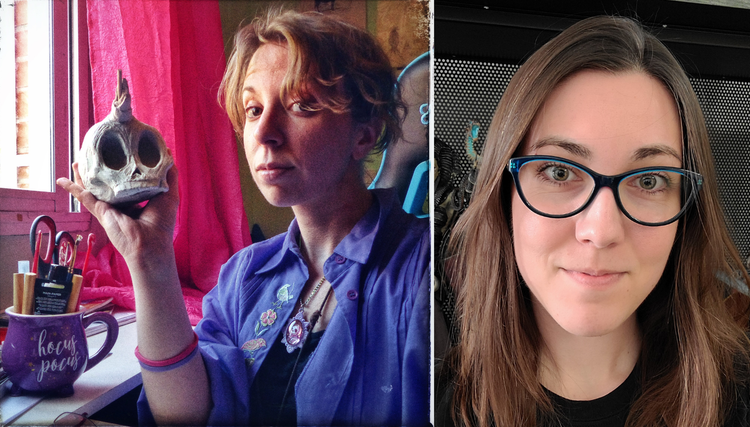The Books That Got Us Here
The genre fiction community has a great fondness for familiar arguments.
Personally, I find that there’s something strangely comforting about retracing our grievances, finding our old grooves and etching in new ones, polishing our opinions smooth through repeated wear. There’s nothing comforting about the things that bring these conversations up again and again — often we return to previously-visited conflict as a result of the ongoing exclusion, harassment, and erasure of people in the industry and in our communities. But it can be in some ways reassuring to know where one stands, and beside whom one is standing.
Right now, the genre fiction community is returning to the well-worn question of What We Must Read — what works are necessary to the cognitive and social development of a genre fiction writer or reader. There are several works which are typically dusted off for this parade of crucial canon. There are several authors whose names are reliably invoked as though they will, someday, personally rise from the grave to nod sagely and say you’re right, that is how spaceships would probably look, you did a good job.
Many people feel that it’s important for everyone to revere the works of these authors. They argue that the people they name are the inventors of genre fiction as we know it, that we must respect our forebears and consume their work in order to understand ourselves. They can be relied upon to gird their loins and ride hard into battle to defend the legacies of men who they fear might someday fade into obscurity, if left vulnerable to criticism and dismissal.
That said, the most recent wave of debate over the necessity of The Universal Canon has pulled a new and fascinating thread out of the conversation: the Personal Canon. As many who are smarter than I am have pointed out over the past several days, everyone takes a unique path to their understanding of genre literature. As readers and as writers, we’re impacted by what we consume, and our understanding of the landscape and community of genre fiction are shaped by what we grow up reading.
Learning about the works that shaped my peers has been absolutely delightful. I’ve loved seeing people revisit the influences that made them the writers they are today. So, for the next couple of weeks, I’m going to carve out some space here to highlight some of my own formative reading. I’m going to revisit the books that turned me into the writer and reader I am today, for better or for worse.
Some of the books that shaped me, I still love; others, I can’t make myself pick up again. It’s important to discuss both, I think, because that is how honest reflection has to work. If we can’t acknowledge that we’ve modeled ourselves off broken examples, it’s impossible to grow out of the shape that was imprinted on us in the first place.
But even more than that, I want to celebrate — and invite my readers to celebrate — the works that shaped us for the better. The bits of Personal Canon that showed us what genre fiction is capable of, what it can be, who it can welcome. I want to know what you all read when you were young. I want to know who made you into the reader and writer you are today.
So here’s the deal.
I’m accepting guest post submissions, starting today and closing August 18th. I’m looking for 1000 words maximum on an author or work of genre fiction that was formative to your development as a reader and/or a writer. Pay rate is $100 upon acceptance.
I’ll be accepting 8* of them, to be published over the course of the next couple of months. I also have a few really amazing guest writers lined up from among the ranks of my dazzling peers, who are in my opinion changing the shape of SFF every day.
Send your submissions to stonesoup.substack@gmail.com. Tell me about the works of SFF you’ve loved best. Tell me about the ones that let you see yourself. Tell me about the ones that let you see what genre fiction was capable of.
I can’t wait to hear from you.
-Gailey
*Many thanks to the donors who have directed funds to expand this series from the original 4-5 acceptances I was able to afford. Thanks in particular to Kristin Harrington and to an anonymous donor for their thoughtful generosity.






Member discussion